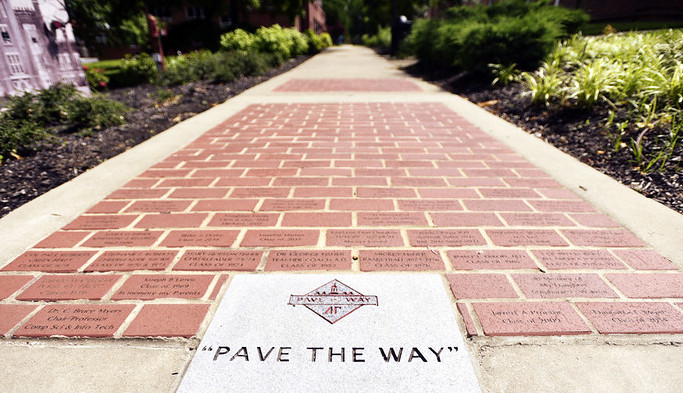
The fifth cohort of the Complete Tennessee Leadership Institute (CTLI) recently gathered to talk about the progress Tennessee has made in increasing postsecondary access and the opportunities to further address student needs in the state. Removing barriers to postsecondary access has been a focus of the CTLI program since its inception, and the present moment brings a renewed urgency to address systemic inequities in higher education.
The cohort was able to hear from numerous national and state experts who made the case for the importance of higher education attainment in the state and spoke about the economic and moral imperative for degree attainment. Dr. Anthony Carnavale, director of Georgetown’s Center on Education and the Workforce, noted that we are in the midst of a recession due to the pandemic and that our recovery from the recession is expected to be similar to previous recoveries. Those with the most education are currently the last to be fired and will be the first ones hired when jobs come back, while those with lower levels of education will continue to have fewer options for good jobs. Nationally, 65 percent of good jobs (those that pay more than $35,000 per year), require at least some college — a data point that makes clear the critical role higher education plays in economic recovery efforts.
This pandemic coincides with demographic trends, such as the decline in the traditional college-age population (18- to 24-year-olds) and growing divisions in income inequality across the nation. In Tennessee, it is expected that a greater share of college students will be from lower-income families, be first-generation college-goers, and/or students of color. The share of adult students will also continue to expand, and it will be essential that policymakers understand that these students frequently have responsibilities that include work and caregiving and also are likely to have mobile enrollment patterns (meaning they are likely to have taken classes or enrolled at multiple institutions over the course of their educational career).
Different student groups are intersectional and wide-ranging; for instance, students who are first-generation, students of color, and/or from a lower-income background may also be rural students, adult learners, or justice-impacted. Higher education must work to serve all of these groups so that each individual has a pathway for success. Student support services will continue to be key in promoting successful student outcomes; it is imperative that higher education work to serve each group to ensure that everyone has a pathway to success.
It is also necessary to build coalitions across this space. For example, rural and urban communities often have more similarities than differences, and interventions that work in a rural community may be adjusted to be applicable in an urban-community, and vice-versa. Sharing what works takes communication, partnership, and a willingness to share resources. By bringing together leaders from a broad range of sectors and backgrounds from across the state, the Complete Tennessee Leadership Institute is creating a network of leaders focused on improving higher education outcomes.
Regardless of individual background or experience, the CTLI cohort is united by common values, including a shared belief in the transformative power of education. Throughout the duration of their program, cohort members will engage in shared learning and build networks that leverage their individual strengths to build a more equitable and transformative higher education system through collective effort. By building networks of skilled, connected, knowledgeable leaders, Tennessee’s higher education system will be poised to address the challenges of today and tomorrow.
Kate Watts is SCORE’s postsecondary engagement manager.
